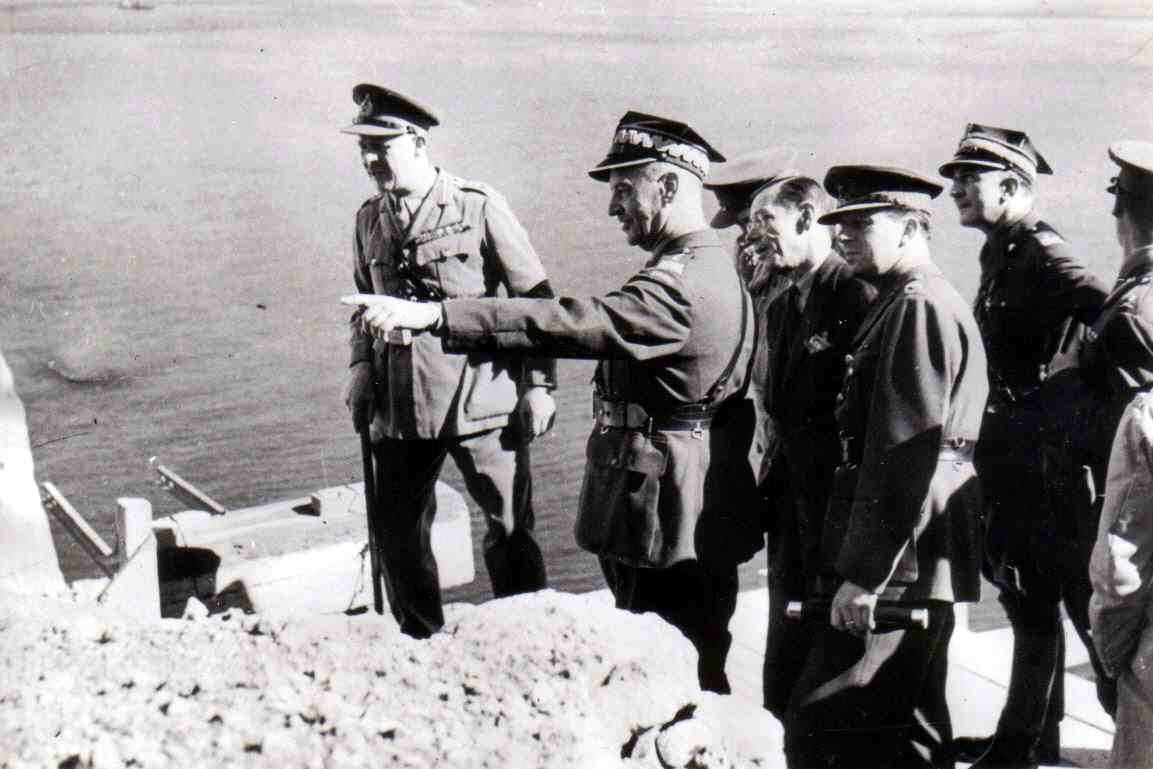
General Sikorski (c). Photo: wikipedia
The investigation, which was carried out by the state-backed Institute of National Remembrance (IPN), explored the circumstances of Sikorski's doomed flight from Gibraltar to London on 4 July 1943.
IPN has found no proof that Poland's wartime prime minister was either murdered prior to the flight, or that the plane crash itself was caused by sabotage.
In a statement released on Monday, IPN concluded that there is “no reasonable doubt” in the question of his boarding the plane alive.
In 2008, at the beginning of the investigation, Sikorski's remains were exhumed, but no forensic evidence was found to suggest he had been murdered prior to the flight.
Likewise, regarding the reasons for the crash, IPN says its findings are consistent with the original British investigation of 1943, which concluded that the Liberator plane's flight controls jammed.
IPN noted that its investigation found “insufficient evidence either to confirm or to rule out” theories that the jamming of the controls was caused by sabotage.
The investigation included interviews with the last surviving witnesses of the disaster, a radio operator and a diver, both British.
Conspiracy theories
Over the years, fingers have been pointed at Russian, British and Polish alleged culprits.
The crash occurred shortly after Moscow broke off relations with the Polish-government-in-exile in London.
General Sikorski had called for a Red Cross investigation into the Katyn Massacre, after the Nazis unearthed bodies of thousands of Poles who appeared to be officers who had gone missing while in Soviet captivity.
Stalin had pushed for Poland and his Western allies to accept that the killings of the Polish officers were carried out by the Germans (Moscow admitted guilt in 1990).
Writing in his diary shortly after the crash, Polish ambassador in the UK Edward Raczynski reflected that “this catastrophe, coming at a turning-point in the war, when the Big Three meeting is apparently at hand, and when vital decisions require to be taken in consultation with us – is a bewildering visitation of Providence; so much so, that Poles everywhere suspect the hand, not of Providence, but of a felonious enemy.”
Besides the theory that Moscow had had Sikorski eliminated, there have also been claims that the British carried out the alleged crime, so as to placate their Russian allies.
Another theory stresses tensions between Sikorski and General Wladyslaw Anders, arguing that Sikorski was killed by a clique of Polish officers loyal to Anders.
All eleven passengers died. These included two British MPs, one of whom was Victor Cazalet, a liaison officer to Sikorski and godfather to Winston Churchill's daughter.
Sikorski's own daughter was among the dead. Her body was never recovered and claims later surfaced that she had been seen in a Soviet forced labour camp many years later.
IPN stressed yesterday that it had found no evidence to confirm Soviet involvement in the Gibraltar tragedy.
The pilot managed to eject himself from the cockpit, and he was the sole survivor, albeit with multiple injuries. (nh)
Source: IPN, PAP